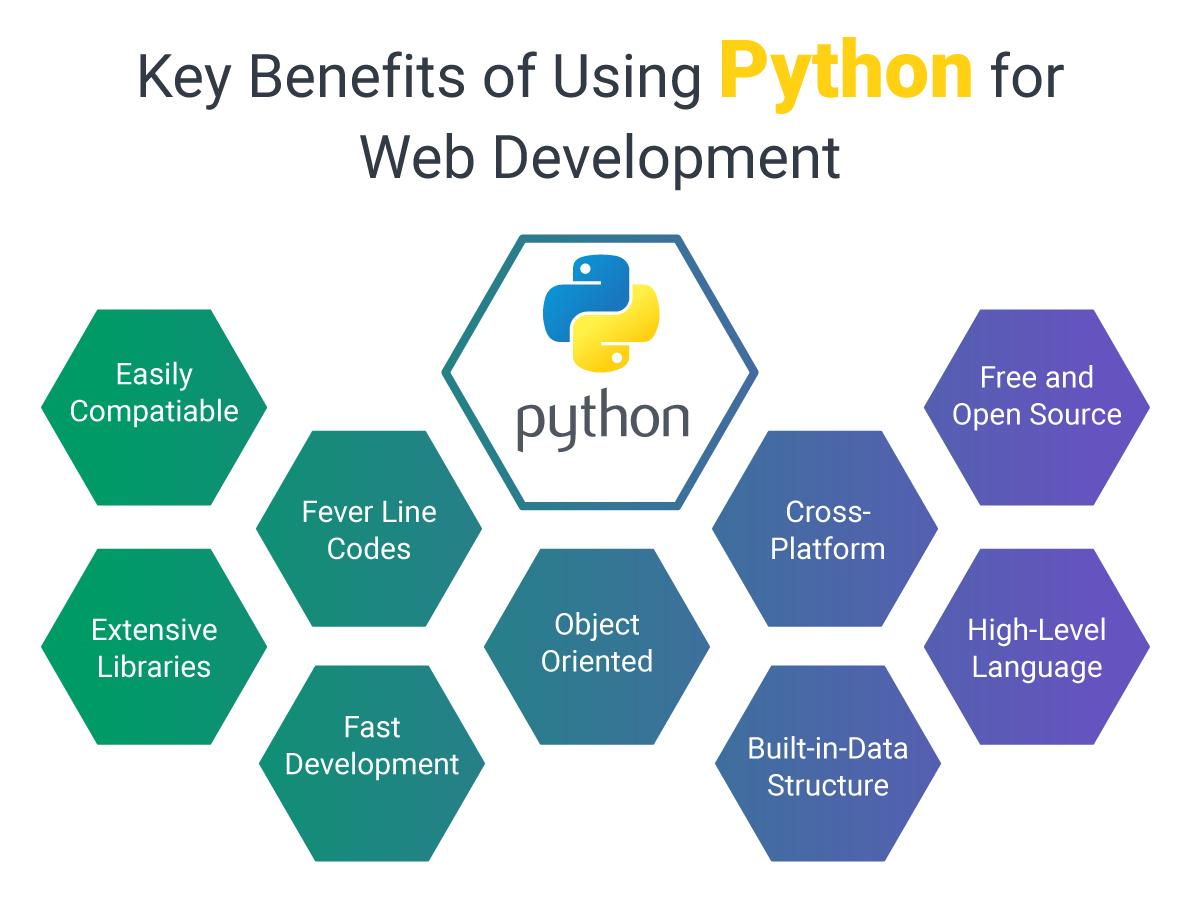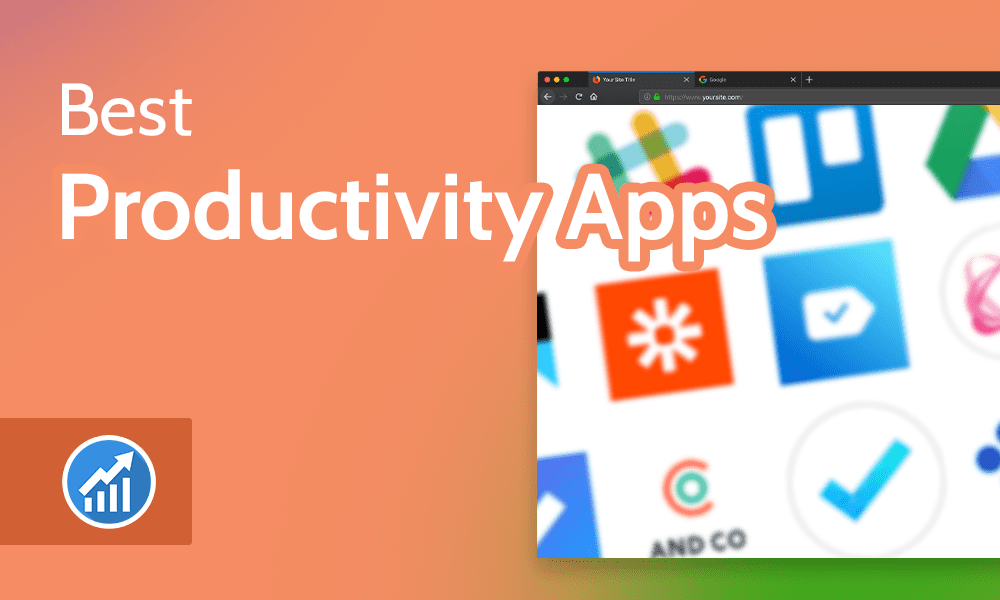
Python is one of the most popular and widely-used programming languages today, and it has several strengths that contribute to its success:
- Ease of Learning and Readability: Python is often praised for its simple, clean, and readable syntax, which makes it an excellent language for beginners. The language emphasizes readability and reduces the complexity of writing code, which helps both novice and experienced developers to write clear and maintainable code.
- Versatility and Wide Range of Applications: Python is a general-purpose language that can be used for a wide variety of tasks, from web development and data analysis to artificial intelligence and automation. It has libraries and frameworks that support nearly every area of programming.
- Large Standard Library: Python comes with a comprehensive standard library that includes modules for file handling, web programming, data manipulation, networking, and more. This means that developers can often accomplish tasks without needing to rely on third-party packages.
- Cross-Platform Compatibility: Python is platform-independent and can run on various operating systems, including Windows, macOS, and Linux. This makes it ideal for cross-platform development and ensures that Python code can be executed anywhere without modification.
- Extensive Third-Party Libraries and Frameworks: Python has a vast ecosystem of third-party libraries and frameworks for nearly every field, including:
- Data Science and Machine Learning: NumPy, pandas, TensorFlow, PyTorch, Scikit-learn
- Web Development: Django, Flask, FastAPI
- Automation: Selenium, OpenCV, PyAutoGUI
- Game Development: Pygame This rich ecosystem accelerates development by providing pre-built solutions for complex tasks.
- Integration Capabilities: Python is excellent for integrating with other languages and technologies. It can interact with C, C++, Java, and .NET, and it has APIs for connecting to databases, web services, and external applications. This makes Python useful for building scalable systems and automating workflows.
- Strong Community Support: Python has a large, active community of developers and enthusiasts. This means that Python developers can easily find support, tutorials, documentation, and solutions to problems. There are also many Python conferences, forums, and meetups to share knowledge and collaborate.
- Open Source and Free: Python is open-source and free to use, which makes it an attractive choice for both individual developers and organizations. Being open-source means that the language is constantly evolving, and contributions from the community help it grow.
- Rapid Prototyping and Development: Python’s concise syntax and ease of use make it an excellent language for rapid prototyping. Developers can quickly develop and test new ideas or create proof-of-concept applications, helping businesses and startups get to market faster.
- Powerful Data Analysis and Visualization: Python is one of the top languages for data science, with powerful libraries for data analysis, manipulation, and visualization, such as pandas, NumPy, Matplotlib, and Seaborn. This makes it a go-to tool for professionals working with large datasets.
- Strong Support for Machine Learning and AI: Python is widely used in artificial intelligence and machine learning because of its simple syntax and the availability of powerful libraries like TensorFlow, Keras, and PyTorch. Its flexibility and integration capabilities make it ideal for building AI models and data-driven applications.
- Automation and Scripting: Python’s ability to automate repetitive tasks makes it ideal for writing scripts to handle system administration, file management, web scraping, and data extraction. This is one of Python’s most significant strengths, especially in DevOps and system automation.
- Readable and Maintainable Code: Python’s emphasis on readability, along with its straightforward syntax, encourages developers to write clean and maintainable code. This is particularly beneficial in large projects or for teams working on long-term applications.
- Good for Teaching and Learning: Due to its simplicity, Python is often used as the first programming language taught in schools and universities. Its easy-to-understand syntax and clear logic allow beginners to focus on learning programming concepts rather than complex syntax.
- Popularity and Job Market Demand: Python is in high demand across multiple industries, particularly in fields like data science, web development, AI, and automation. As a result, Python developers often find good job opportunities in various sectors.
These strengths make Python an excellent choice for a broad range of applications, from small-scale scripts and automation tools to large-scale enterprise systems and cutting-edge machine learning projects.




